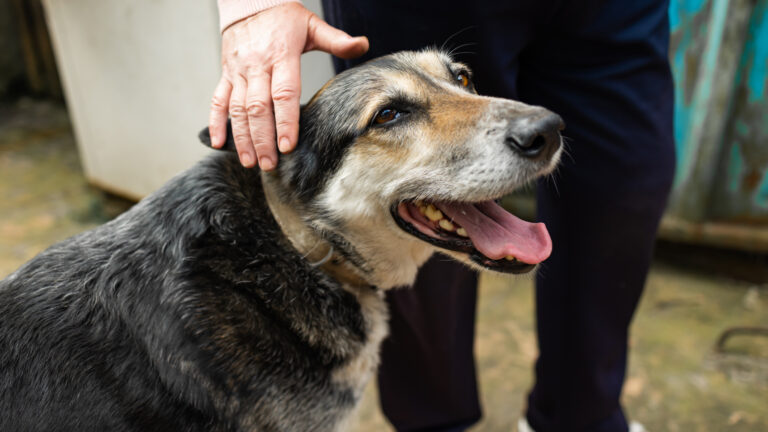When your pet can’t stop scratching or licking, it’s natural to suspect fleas, dry skin, or an infection. Sometimes, though, the source of the itch isn’t outside. It’s from what your pet eats. Food allergies are a growing concern for pet owners of dogs and cats, and they can cause ongoing skin problems, ear infections, digestive upset, and other unpleasant symptoms. My Village Pet Clinic aids owners in finding out if their pet’s symptoms are linked to diet.
What Triggers Food Allergies in Cats and Dogs?
A food allergy happens when a pet’s immune system overreacts to a specific ingredient, most often a protein. Instead of ignoring the food, the immune system treats it like a harmful invader, triggering inflammation and irritation. For many pets, food allergies affect the digestive tract (e.g., vomiting or diarrhea), and this inflammation can appear on the skin as redness, rashes, or persistent itching.
Although any ingredient has the potential to cause an allergic reaction, certain foods are more common offenders. Beef, chicken, dairy, and eggs top the list of frequent triggers in pet food sensitivities. Contrary to popular belief, grain allergies are relatively rare compared to protein allergies, but some pets do react to grains or other allergens like fish and soy.
How Do I Know If My Pet Has a Food Allergy?
While every pet reacts differently, food allergies often cause a mix of skin and gastrointestinal symptoms. You might notice your dog or cat has red, inflamed skin around the face, ears, belly, or paws. They may scratch constantly, lick certain spots until fur is missing, or develop chronic ear infections. Some pets also show digestive issues such as vomiting, diarrhea, or excessive gas. If these symptoms persist rather than flare up during a specific season (which would indicate seasonal allergies), food could be the culprit.
Diagnosing a Food Allergy in Pets
The gold standard for diagnosing a food allergy is an elimination diet trial. During this process, your pet is placed on a special diet that uses either a novel protein (something your pet has never eaten before) or a hydrolyzed protein (a protein broken down so the immune system won’t recognize it as an allergen). This diet must be fed exclusively with no treats, table scraps, or flavored medications. Your veterinarian can discuss how to properly run an elimination diet and the timing of how and when to switch foods. If your pet’s symptoms improve, you will reintroduce suspected allergens to confirm the reaction.
Once the offending ingredient is identified, the simplest solution is to avoid it completely. Most pets can maintain proper nutrition on prescription diets or carefully chosen commercial foods that exclude the allergen. Talk to your veterinarian about recommendations. Always read ingredient labels carefully, and make sure everyone in your household, including pet sitters, knows which foods are off-limits. Store your pet’s food separately from other pets’ diets to prevent mix-ups, and choose treats that match your pet’s special diet. Remember, even small amounts of an allergen can cause symptoms to return.
Food Allergy Management for Pets in Irving, TX
If your pet’s itching or digestive issues just won’t go away, food allergies might be the missing piece of the puzzle. A diagnosis is the first step in building a better life for your trusted animal companion. My Village Pet Clinic has consultations for pet food allergies in Irving and for pets from surrounding communities like Oak Cliff and Downtown Dallas. Suspect your pet’s itchiness could be linked to their diet? Schedule an appointment with our veterinarian.



